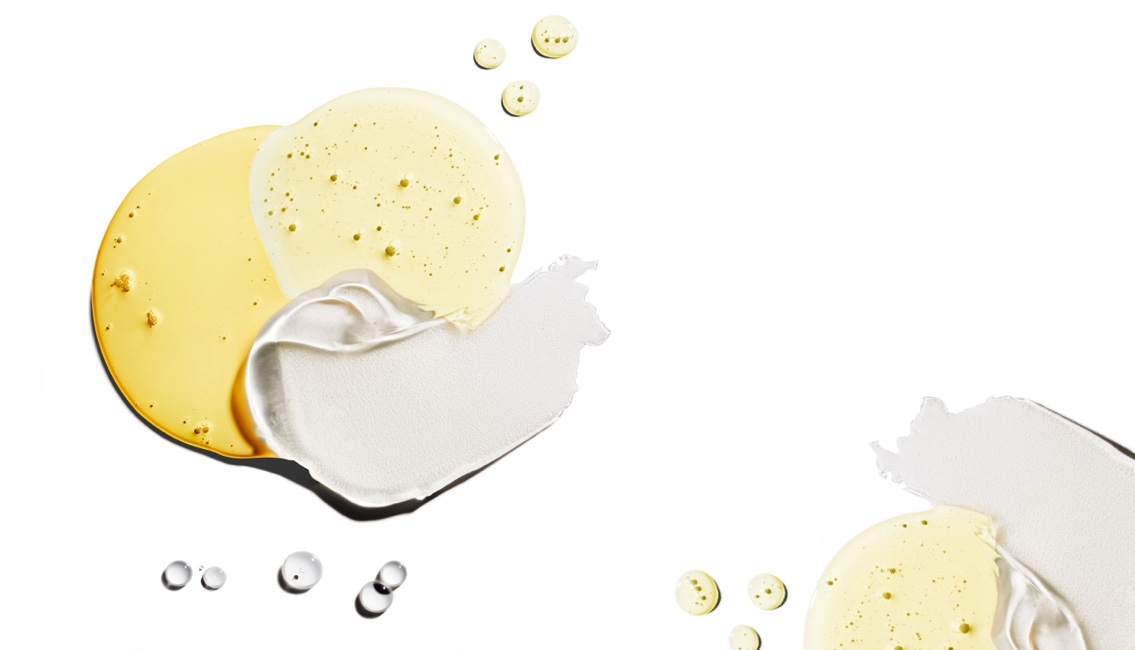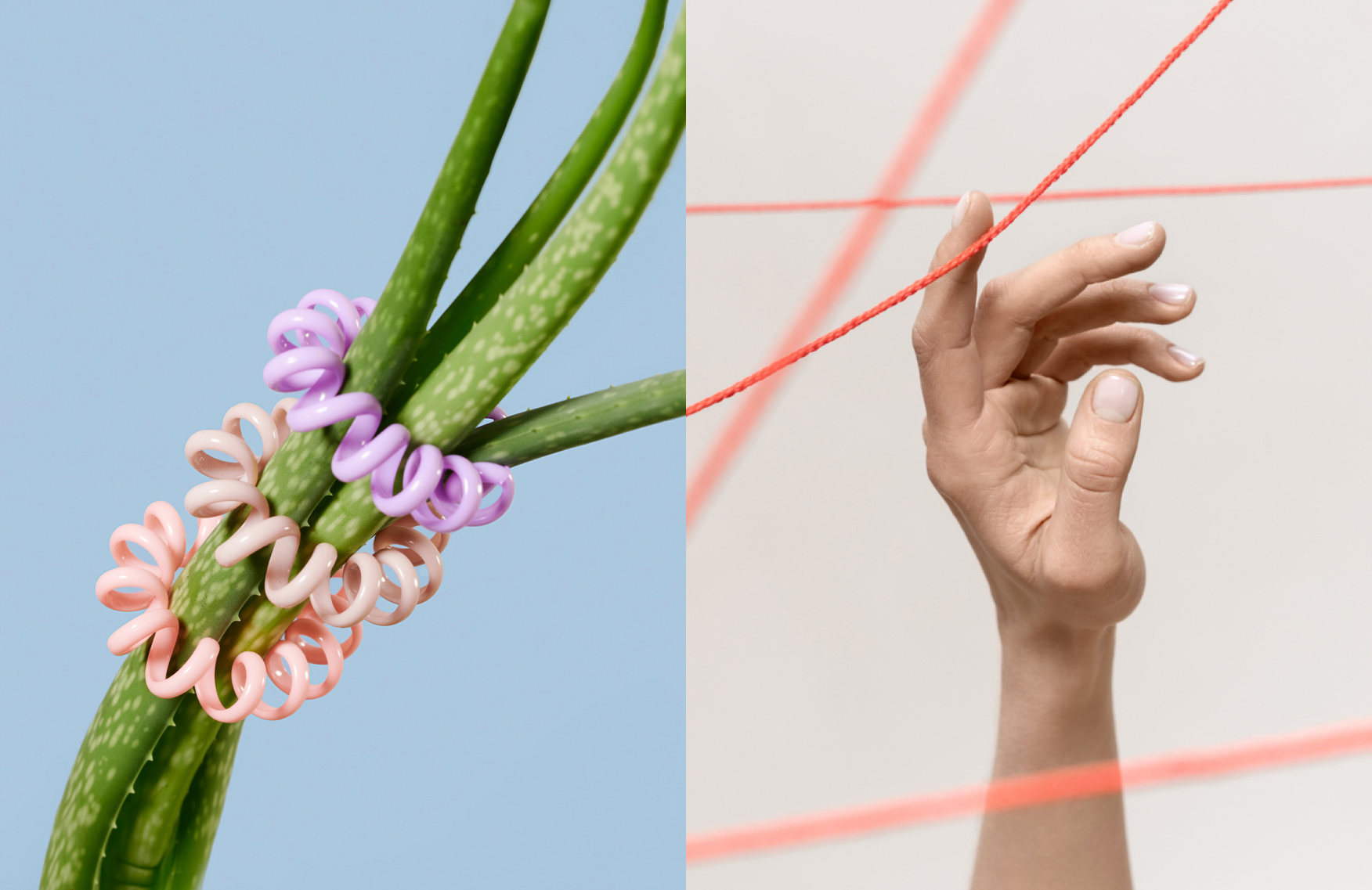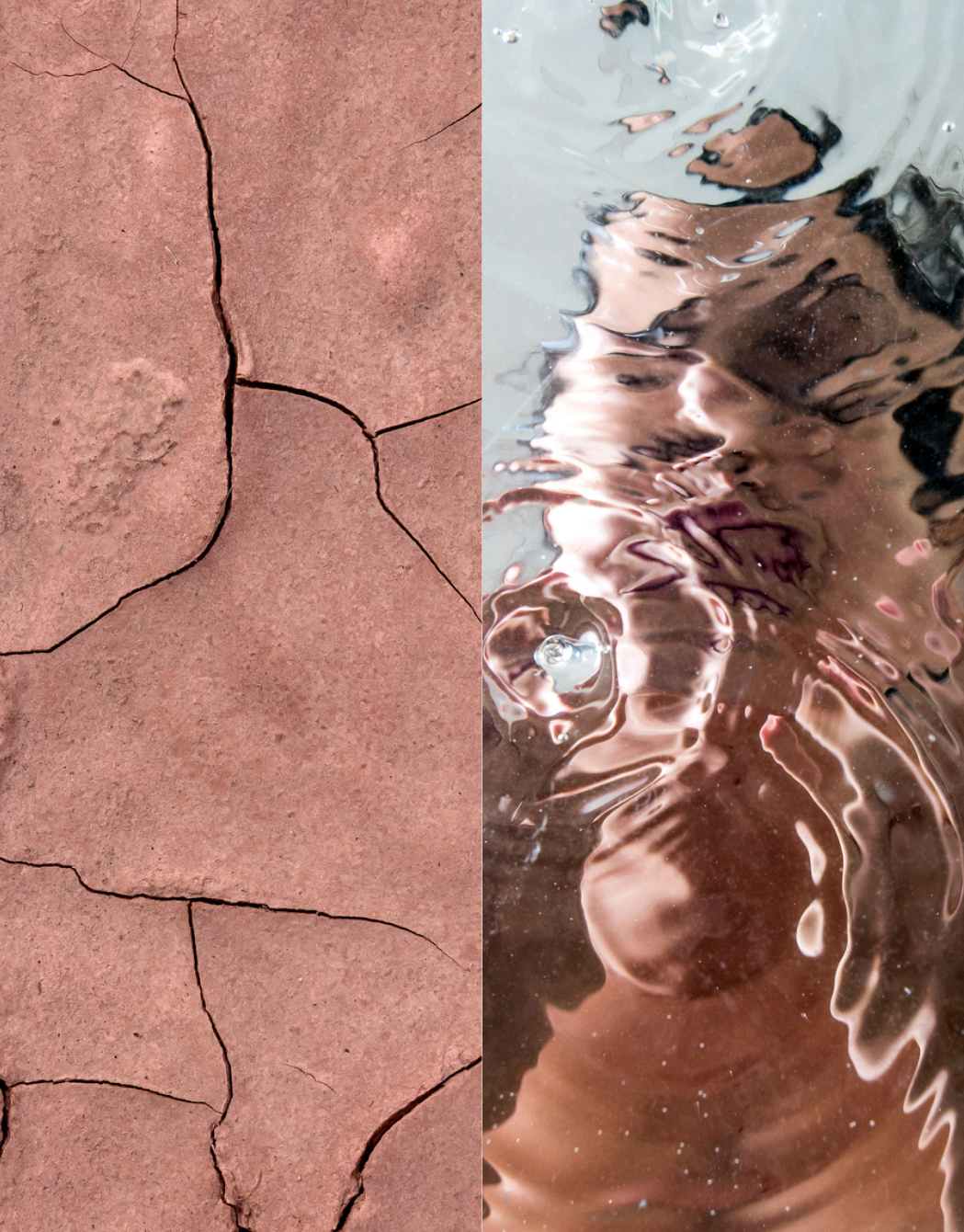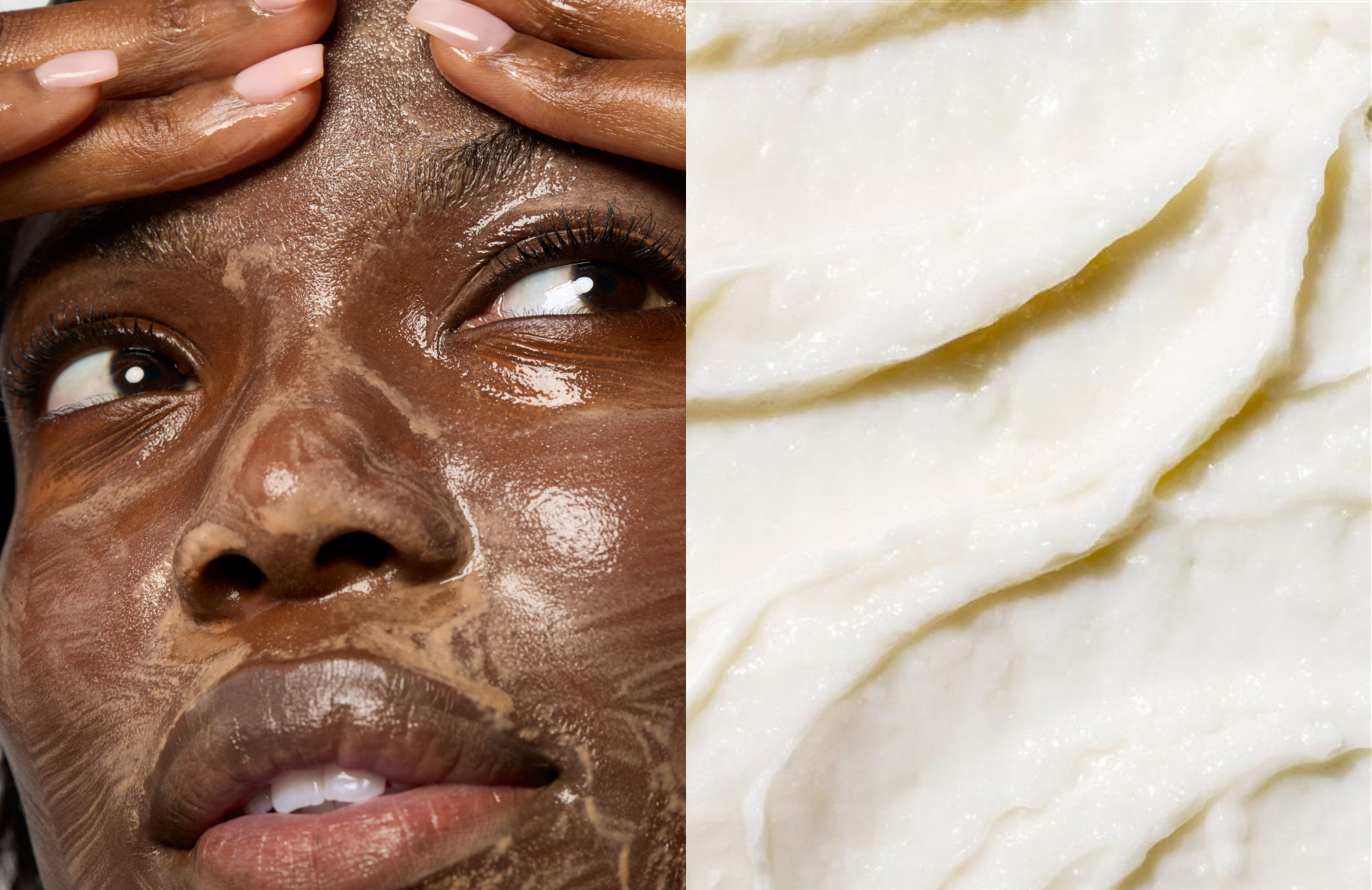Spoiler alert! The best forms of retinol for your skin don’t require a prescription

Retinol is a skincare all-star: breakouts bow out, lines melt away and firmness makes a comeback. Just like any icon, it’s shrouded in questions, truths and myths. We rounded up our top 6 retinol questions and asked award-winning dermatologist and Director of the Skin Institute of New York, Dr. Emmanuel Loucas to help us uncover answers about retinol for your skin.
Think cousins, not twins. Retinoid is an umbrella term for retinol, retinol esters and retinyl palmitate. They all convert to retinoic acid: the active that binds to receptors in our skin to elicit positive changes. “The main difference is strength,” Loucas says. This strength starts with how retinoids convert in our skin.
Prescription strength retinoids like Retin-A® are retinoic acid, which goes right to work on our skin’s receptors. Retinol and retinol esters must convert to retinoic acid before they can bind to receptors and activate change. Retinol converts twice, and retinyl palmitate (an ester) converts 3 times to become retinoic acid. “A simple way to think about the difference between the two is, the less steps it takes to break down into retinoic acid, the stronger the product.”
Because they don’t have to convert, retinoids are stronger and deliver visible results faster. But products with retinol and/or retinoids are typically available at your favorite beauty retailer (that is, no derm visit necessary).
If you can handle the strength of a retinoid, then they might be your best choice. But Loucas points out, “stronger doesn’t always mean better,” and a retinol might be better tolerated by any skin type—especially those who are drier or more prone to sensitivity. “Retinoids work better for people who have thicker, less sensitive, oilier and more mature skin types,” Loucas says.
Both retinoid and retinol “increase cell turnover at the skin surface, resulting in the production of new cells at a quicker rate (that) are more compact, resulting in a more protective and healthier epidermis.” Choosing one over another is determined by your desired result. “Both retinols and retinoids can be used for acne, but in general, retinoids are used more often to treat active acne patients, and retinols are often used for cosmetic conditions like photodamage that includes wrinkles, pigmentation and rough texture,” Loucas advises.
According to Dr. Loucas, “An exciting new product that has shown similar effects to retinol is bakuchiol. You can think of it as a completely different product that has similar effects to retinoids.” Bakuchiol is rising in popularity because it’s well tolerated by the skin, but “the big drawback is that it tends to be very expensive,” he says.
Compliance and consistency matter more than the quality or proven efficacy of retinol, especially when targeting photodamage. “A patient comes in asking for the strongest and best treatment for wrinkles, only to find upon their return, that they stopped using the products because they were too drying or irritating.” Consistency doesn’t equal daily. “It’s better to use something every other day or even 2x a week than not at all.”
“Actually, the opposite occurs,” Loucas says. “They stimulate collagen, elastic tissue and make your skin more compact and healthier.” The thin-skin myth might stem from the peeling, dryness and sensitivity that retinols can cause—all that can be avoided if you ‘start low and go slow’: start with a low strength retinol for your skin and slowly build up your tolerance by using 2-3 times a week.


